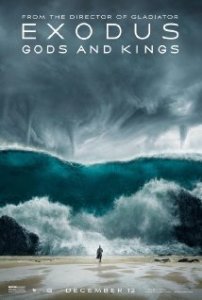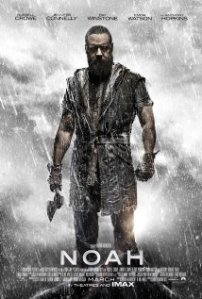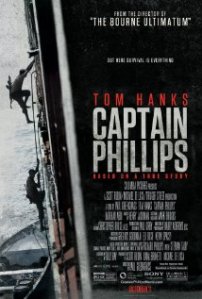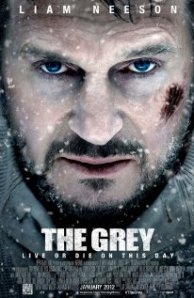Based on the biblical story of Moses leaving Pharoah Rameses’ court and learning of his Hebrew identity. He meets God’s messenger at the burning bush. Moses wants to free the Hebrew slaves but Rameses doesn’t agree and so is visited by the plagues. The slaves are released then pursued by Pharoah, whose army is drowned in the Red Sea which parted for the Hebrews.
Ridley Scott’s movie is always aware of the Ten Commandments (1956) starring Charlton Heston at the height of the cheesy biblical epic. That film catered for bible-belt sensibilities of the time. Heston was a granite monument to stolid acting, the scenes could have come out of a Jehovah’s witnesses prayerbook. Scott seems uneasy with the religious aspects of the story since he’s determinedly low key, wanting to avoid the embarrassments of cornball sentiment which Scott can’t resolve. His vision of God’s messenger is a middle class British schoolboy aiming for understatement but undoing it by attacks of childish petulance, presumably substituting for God-like authority. It’s that same trick of demurral which apologizes for numinous impart. This is the educated liberal approach to religious mysticism for the Harry Potter generation. This same syndrome stalked Willem Defoe in Last Temptation. If Scott is uneasy with religion why make this film at all? It’s analogous to doing a ‘realistic’ Robin Hood. When the whole point is that Robin Hood should be a preposterous fantasy. It doesn’t offend and neither does it steer between these temptations.
The sets are sumptuous and the plagues have good special effects. The acting is pretty good, dominated by Australians. Rameses the Pharoah becomes ever more reptilian under his face paint. His tyranny subtly probes for advantage. The tone of voice now overawes, and now deceives to 0kill. Bale looks reliably tortured as he gazes nobly into any reminder of his conscience. Rameses and Pharoah are the brothers who learn they are not so: loss and finding of self, about keeping faith with one’s identity. It’s a message that’s become urgently pertinent to our world.



